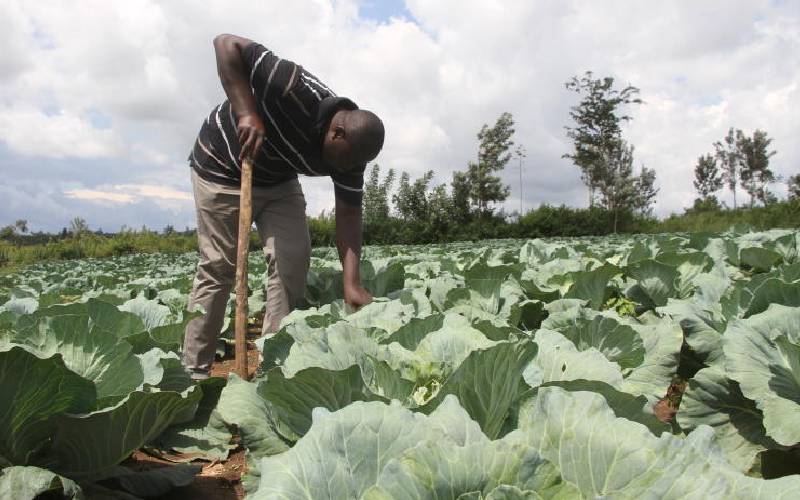×
The Standard e-Paper
Stay Informed, Even Offline

On September 23, 2021, President Uhuru Kenyatta will be speaking at the United Nations Food Systems Summit. As Kenya’s development partners working on Food Systems and rural transformations, we are delighted to congratulate Kenya on the steps it has taken up to this point.






